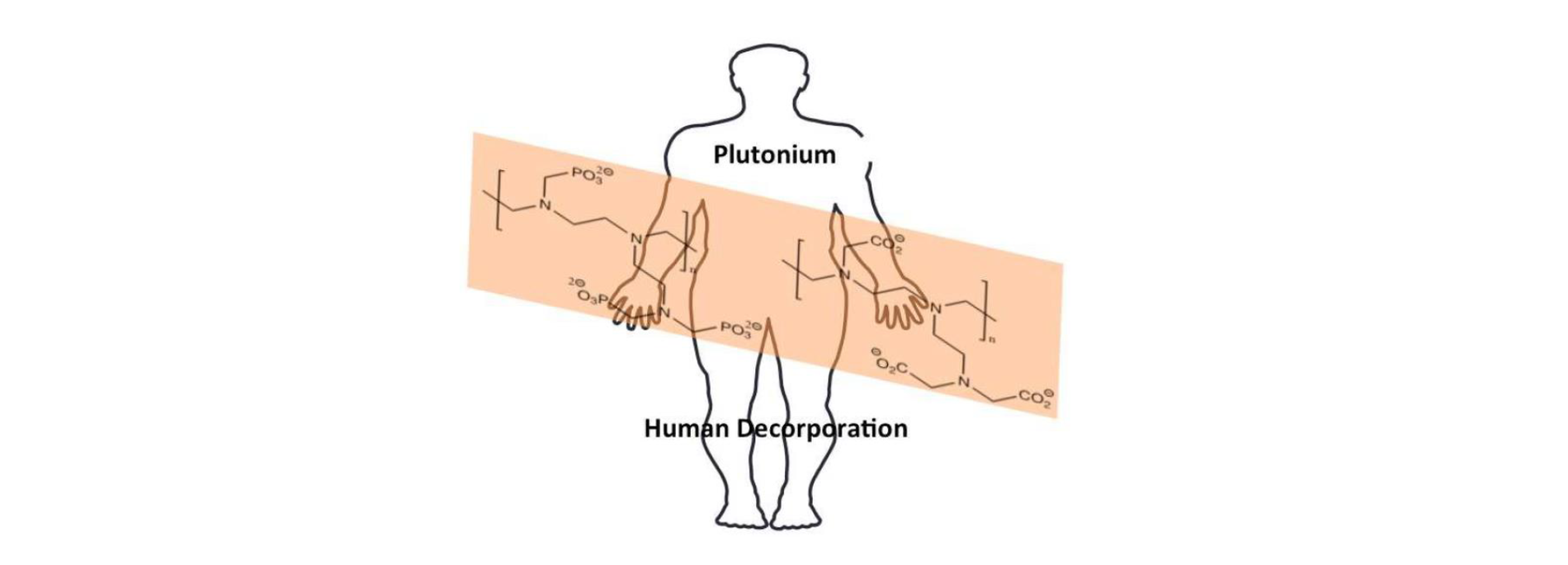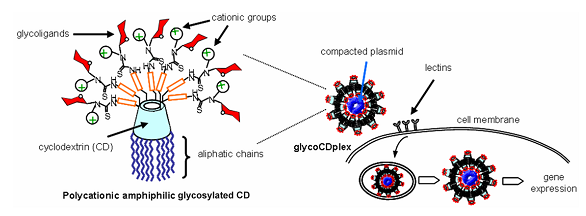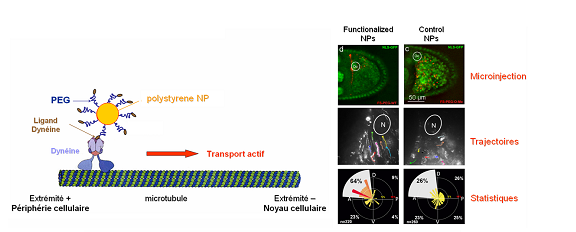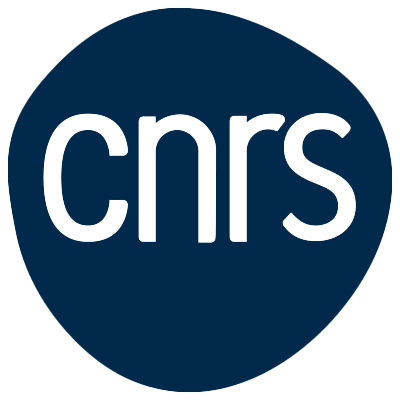Bioactive Molecules
Therapeutic delivery

The Vectorization theme focuses on improving the efficacy of certain therapeutic agents through functionalized vector systems. These systems can be "simple" conjugates (antibodies, proteins, polymers) with the drug or macromolecules (synthetic or natural polymers), organized molecular systems (liposomes, micelles or others), (in)organic nanoparticles (reservoir, porous or solid matrix) functionalized with elements making it possible to increase the bioavailability of the therapeutic agent considered as well as its specific targeting towards the targeted tissues or cells. The physico-chemical characteristics of these systems have a direct impact on their biocompatibility and toxicity but also on their properties in terms of absorption, distribution, metabolism, excretion (ADME), pharmacokinetics, pharmacodynamics (PK/PD) and biodistribution. The control of their physical properties (size, charge, shape, porosity, hydro/lipophilicity…) and chemical properties (ligands, surface, stability, biodegradability…) makes it possible to obtain multifunctional systems which improve the capacity and the specific delivery of therapeutic agent and hence their overall effectiveness.
Functionalization of chelating polymers for the decorporation of actinides (UVI, PuIV) in humans
Functionalized Biocompatible Nanoparticles for IV Plutonium Chelation

Polycationic and glycosylated amphiphilic cyclodextrins for targeting lectins in non-viral gene transfer

Nanoparticles functionalized by dynein ligans (molecular motor) for improving intracellular traffic

Anisotropic magnetic nanoparticles for the magnetolysis of cancer cells (mechanical destruction by the application of an alternating magnetic field at low frequencies Contact:
Dr. C. Di Giorgio
- Université Côte d'Azur
U.F.R Sciences,
Institut de Chimie de Nice, UMR CNRS 7272,
28 avenue de Valrose,
06108 Nice, Cedex 2,
France - Christophe.di-giorgio@unice.fr
- +33492076508
+33492076151


